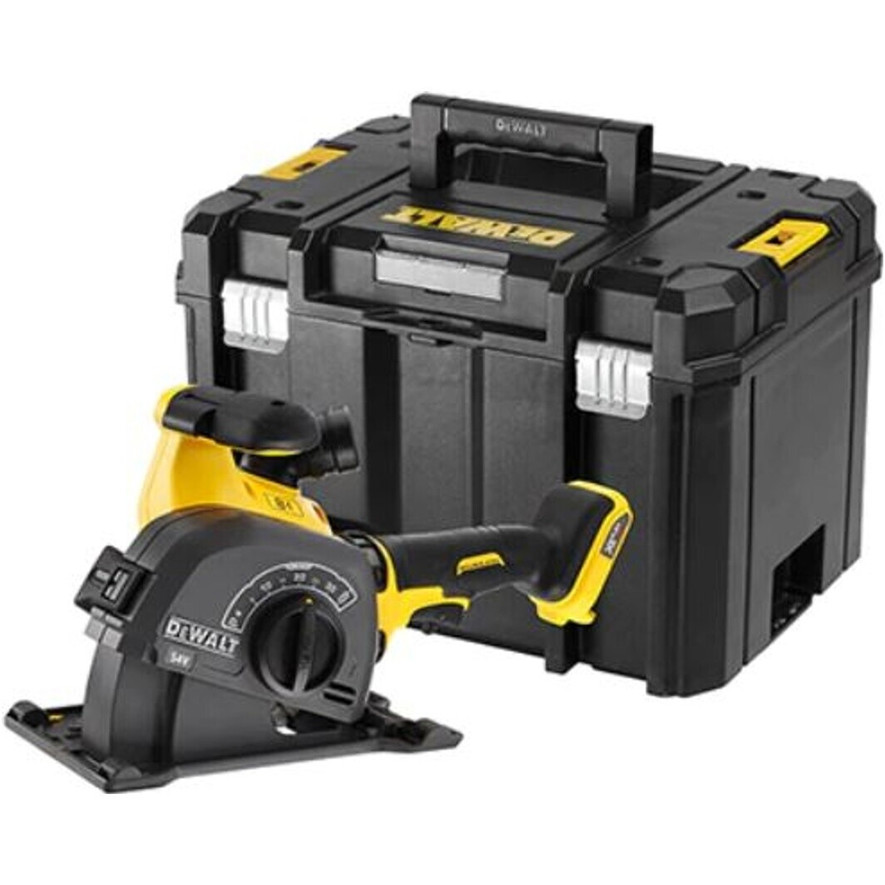Router Comparison: Choosing the Right Network Solution for Your Needs
In today's hectic digital world, having a dependable internet connection is more vital than ever. Whether for video gaming, streaming, or Remote Work, the cornerstone of an excellent internet experience is a high-quality router. With a range of routers offered on the market, making a notified decision can be overwhelming. This extensive guide compares numerous router types, their features, and factors to consider to help users pick the very best router for their needs.
Types of Routers
Before diving into the comparison, it's important to comprehend the various types of routers offered on the market:
- Single-Band Routers: Operate on a single frequency (usually 2.4 GHz). They are economical however have actually restricted speed and blockage susceptibility.
- Dual-Band Routers: Operate on both the 2.4 GHz and 5 GHz bands. They offer better performance and more options for users who need stronger signals for several gadgets.
- Tri-Band Routers: Include one 2.4 GHz band and two 5 GHz bands. They are ideal for environments with many gadgets to minimize blockage and preserve high speed.
- Fit together Routers: Consist of numerous nodes that work together to provide seamless coverage across larger locations. They appropriate for larger homes or areas where signal strength needs to be consistent throughout.
- Video gaming Routers: Specifically developed for online gaming, offering features like Quality of Service (QoS) to prioritize video gaming traffic and reduce latency.
- VPN Routers: Come pre-configured with VPN assistance, making it possible for privacy and security for users seeking to keep privacy on public networks.
Secret Features to Compare
When comparing routers, numerous key features must be thought about. The following table highlights various routers' crucial elements based on common features and specifications:
| Feature | Single-Band | Dual-Band | Tri-Band | Fit together | Video gaming |
|---|---|---|---|---|---|
| Speed (Mbps) | Up to 300 | Up to 1200 | Approximately 3000 | Up to 3000 | As much as 4000 |
| Variety | Low | Moderate | High | Extremely High | Moderate |
| Synchronised Connections | 10-20 | 20-30 | 30+ | Unlimited (depends upon nodes) | 15-25 |
| Security Features | Standard | WPA2/WPA3 | WPA2/WPA3 | WPA2/WPA3 | Advanced QoS |
| Control App Availability | No | Yes | Yes | Yes | Yes |
| Price Range (GBP) | ₤ 25-₤ 75 | ₤ 75-₤ 200 | ₤ 200+ | ₤ 200-₤ 600 | ₤ 150-₤ 400 |
In-Depth Comparison of Popular Brands
The marketplace is replete with brand names providing routers loaded with different features. Here's a summary of some popular router brand names along with their essential offerings:
1. Netgear
- Designs: Nighthawk RAX200 (tri-band), RAX40 (dual-band)
- Notable Features: High-speed abilities with innovative QoS; excellent for heavy users and gamers.
2. TP-Link
- Designs: Archer AX6000 (dual-band), Deco X60 (mesh)
- Notable Features: Affordable prices with decent performance; the Deco series offers a robust mesh option for large homes.
3. Asus
- Designs: RT-AX88U (dual-band), ZenWiFi AX (mesh)
- Notable Features: Highly adjustable functions and exceptional interface; terrific for tech savvies aiming to manage their networks.
4. Linksys
- Models: EA9500 (tri-band), Velop (mesh)
- Notable Features: User-friendly interface; dependable connection across several devices.
5. Google Nest
- Models: Nest WiFi (mesh)
- Notable Features: Integration with Google Assistant; easy setup procedure and great for clever homes.
Considerations When Choosing a Router
When selecting a router, several elements must be considered:
- Internet Speed: Ensure the router can handle the internet speed offered by your ISP.
- Location Coverage: Consider the size of your space. Bigger homes might gain from a mesh system or a high-range router.
- Variety of Devices: Think about how numerous gadgets will be linked all at once.
- Use Type: Different activities (video gaming, streaming, working from home) require various efficiency levels.
- Security Needs: Ensure that the router supports modern-day security protocols and functions to safeguard your network.
FREQUENTLY ASKED QUESTION
1. What is the difference in between a modem and a router?
A modem links your home to the internet, while a router creates a regional network to share that web connection with numerous devices.
2. Do I truly require a dual-band router?
If you have several gadgets and utilize bandwidth-intensive applications (like streaming or video gaming), a dual-band or tri-band router would be helpful for dispersing signal load.
3. What is a mesh network, and when should I use one?
A mesh network includes several interconnected nodes, providing smooth internet coverage throughout bigger locations. on the main page for big homes or spaces with bad connection.
4. How often should I change my router?
Generally, routers must be updated every 3-5 years. Nevertheless, if you experience slow speeds or can not connect new devices, it may be time for an upgrade sooner.
5. What functions should I prioritize for a video gaming router?
Try to find features like QoS for prioritizing gaming traffic, low latency, excellent bandwidth, and sufficient connection choices.
Picking the best router is critical for an enhanced web experience. The decision should be based upon individual requirements, including internet usage and home design. By comparing the types, features, brand names, and keeping in mind the considerations highlighted in this guide, users can with confidence select a router that fits their requirements and enhances their online activities. With Mauernutfräse Test in place, users can enjoy quick, reliable connections that meet their digital needs.

